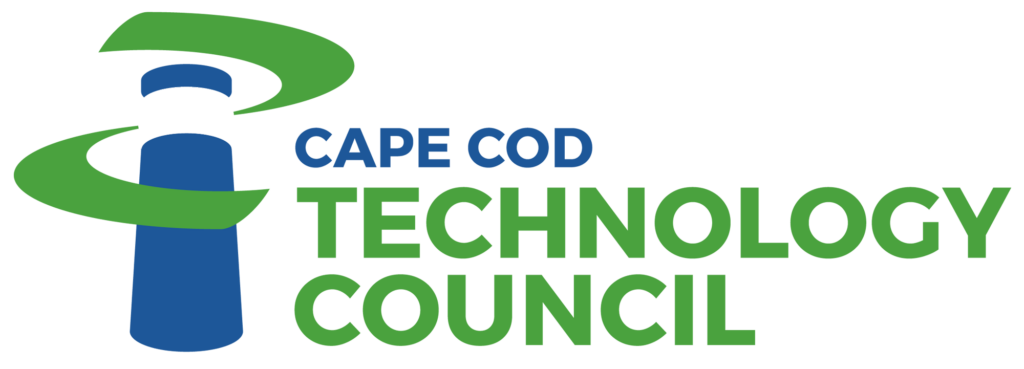At the February meeting of the Infrastructure Committee we returned to the question of traffic flow and the bridges, this time discussing how the issue may fall into the Tech Council’s purview, and what energy might be put into the solutions, if the topic is of interest to the CCTC.
For instance, are there tech solutions? The Infrastructure Committee serves as a resource to the Board of Directors and our members, keeping them up to date on current issues. The committee believes there is a role for us to at least keep an eye on technology suggestions that may be relevant. This is what we can bring to the table as we team up with other organizations. The active role we might have is looking at some of the tech solutions around the issue, including traffic management and other tech pieces that can advance the conversation and help make the solution more viable. Rather than advocating specific plans, the Council could weigh in on how tech can push a project forward.
Sometimes we forget how other people see tech. The public may need to be walked through some of the possibilities. Education is part of what we do. Unlike our involvement with the tech tax, we see ourselves as supporting players on this topic.
It was reported to the committee that there are multiple agencies acting on the bridge and traffic issue, and not all are coordinating with each other. It seems a champion at the legislative level is vital to getting agencies to work together at the local, state and federal level. It was recommended that the Infrastructure Committee/Tech Council identify and coordinate efforts with the other players, including the Cape Cod Chamber of Commerce and Smarter Cape. Instead of reinventing the wheel we could see what is already in the works and join forces
One member noted that to reach the ear of legislators, we need a concise and compelling story – so when someone reads the first paragraph they get the idea. The importance is like concentric circles: It’s important on the Cape, but beyond the canal our traffic issues are viewed as a summer tourist problem.
There is an economic argument for making this a priority for Massachusetts. The Cape provides more in taxes than we get back in funding. If our commerce is compromised, the Commonwealth takes a hit. It was suggested that we assemble a committee that puts the salient facts together.
Technology and infrastructure may be of service to the areas affected by the bridge traffic. Ideas brought up in the meeting included:
- Exploring an app to avoid traffic, similar to what exists in Google Maps but packaged specifically for vacationers and Cape travelers.
- Shaping the traffic rather than building a new bridge. Ideas included encouraging off-peak travel and reducing truck traffic across the bridge by shipping to the islands from New Bedford instead of Falmouth.
- Instituting a non-resident tax on the bridge now that we have unmanned toll booths. Tax could also be based on peak travel times.
- Decreasing commuter traffic by providing high speed fiber to the home, so less people go over the bridge to go to work on a daily basis.
- Providing more accessible public transportation, so fewer summer workers would need/want a car on the Cape. If people could take regional transportation, they may be more interested in taking the Cape Flyer, etc.
We ended the meeting with a Grid Modernization update from Austin Brandt of Cape Light Compact, who said the procedural schedule was picked back up. Eversource is trying to split their Grid Modernization Plan between normal modernization and their rate case. Cape Light Compact does not believe this is appropriate and want it all evaluated as one piece. Grid modernization document is moving along. “We have issued 7 sets of discovery requests to date. The last couple were since they bifurcated the rate case from the mod case,” Brandt said. “We are waiting on a ruling on whether or not Eversource can split them.”
Brandt and the committee discussed Eversource’s proposed performance based rate-making; what happens when Pilgrim shuts down; and the long view on energy storage at the substation level.
Brandt will tell us more about Grid Modernization and the Rate Case at our April Infrastructure Committee meeting. All are welcome to attend.
